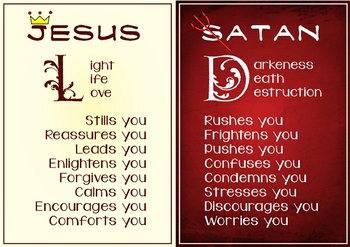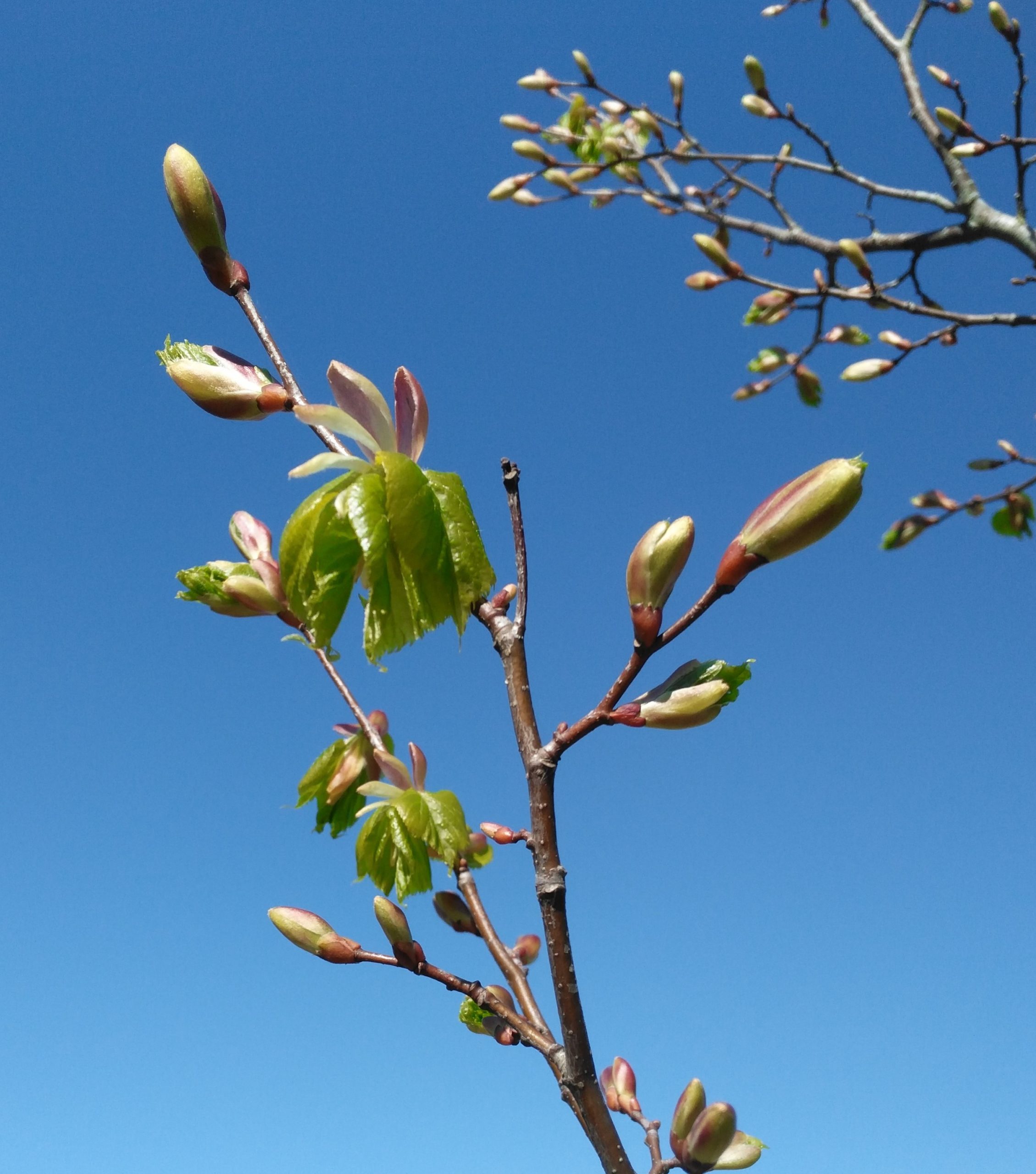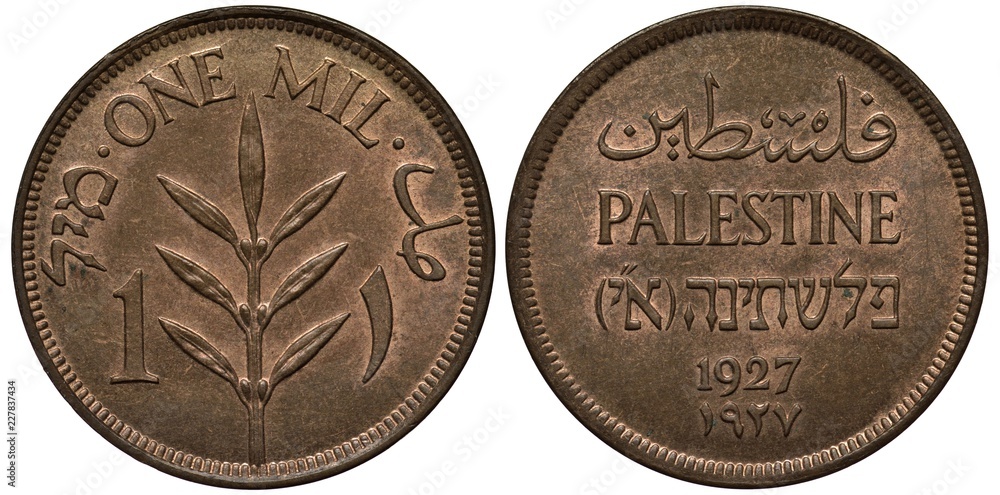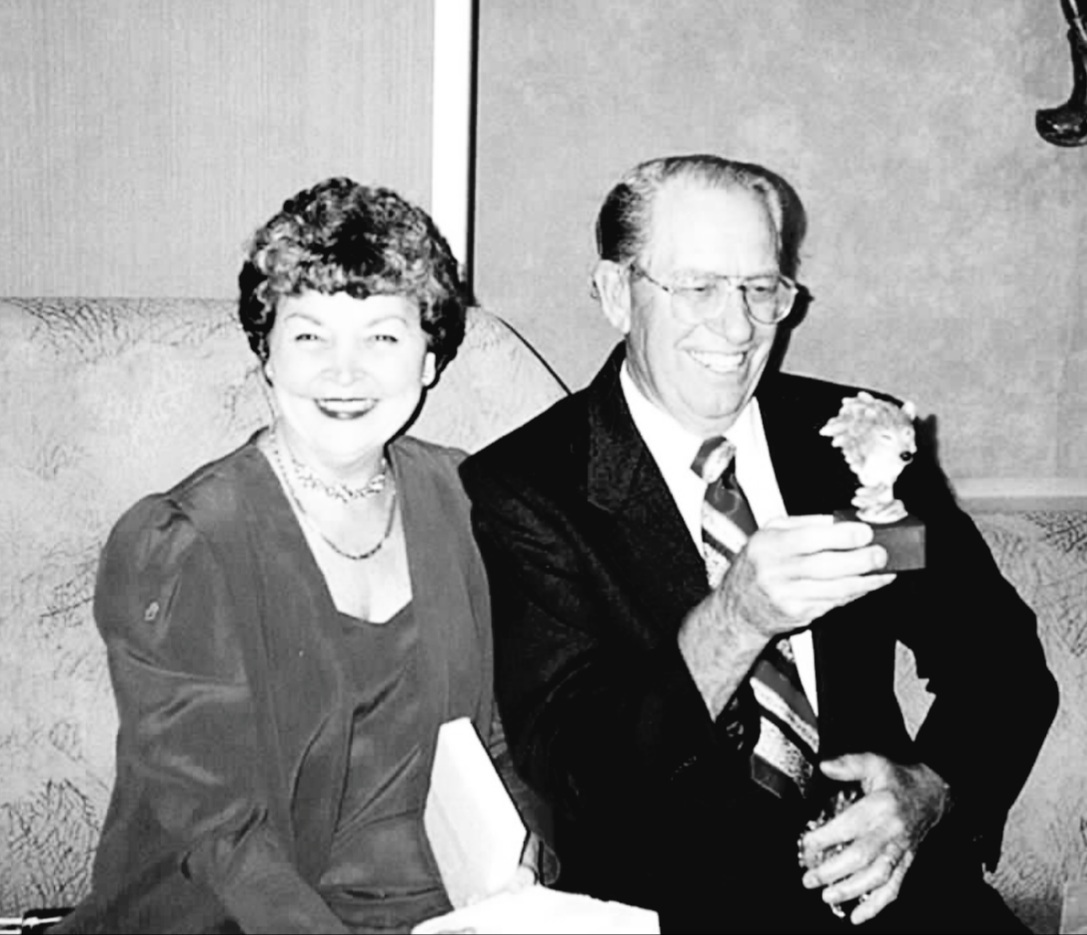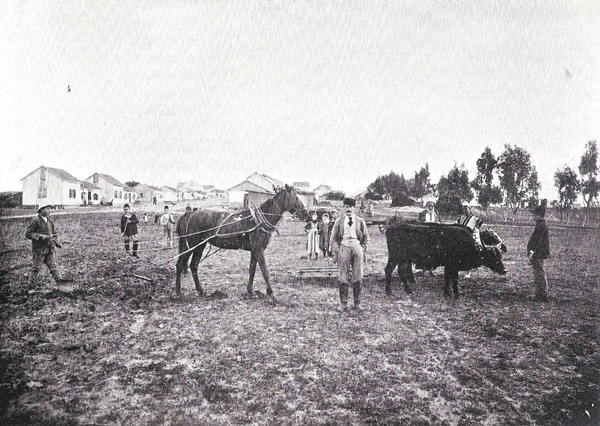"And I will bring again the captivity of My people of Israel,
and they shall build the waste cities, and inhabit them, and they
shall plant vineyards and drink the wine thereof; they shall
make gardens, and eat the fruit of them.
And I will plant them upon their land, and they shall no more
be pulled up out of their land which I give them,
saith the Lord thy God."
(Amos 9:14-15)
Early Jewish Colonists In Israel
Image courtesy/The Israel Forever Foundation
The story of the Jewish colonies in Palestine is a real romance of pioneering.
These colonies have played no small part in the restoration and rehabilitation
of the land. The early colonists were handicapped not only by the barren
conditions of the soil but also by the antiquated methods of agriculture
that were then in use .The difficulties were overcome, and the victories
they have achieved, constitutes a modern epic of agriculture.
The first Jewish colony was established less than sixty years ago by a
group of Jews living in Jerusalem. In those early days the growth of
colonies was slow and the capital was limited. But during the
last fifteen years all this has been changed.
The Jewish Agency raises funds from interested Jews all over the world
for purchasing land in Palestine, and for making loans to settlers to build
homes, and to provide needed agricultural equipment. Groups of
perspective colonists in Europe are often trained for a couple of years
in agricultural methods before they emigrate to Palestine.
Frequently, people of one community, who know one another well,
band themselves together for a pioneering training preparatory to their
coming to Palestine. Arriving, they form the nucleus of a new colony
in the land of Israel. Thus these newcomers in the land feel less lonely
and work together far better than with strangers.
Today there are about 180 Jewish colonies in Palestine. The colonies
recently established make full use of the latest scientific methods of
enriching and tilling the soil, and as a result they have gone forward
by leaps and bounds. What the Jewish colonists have accomplished
in a few short years is nothing less than a modern miracle.
Swampy marshes have been drained and filled in; barren lands have
been transformed into fertile fields; and the land that has been desolate
for centuries is being changed into a veritable Garden of Eden. Long
ago the prophet Ezekiel gave a graphic picture of what is taking place
in Palestine today in connection with the work of the Jewish colonies:
"But ye, O mountains of Israel, ye shall shoot forth your branches, and
yield your fruit to My people Israel; for they are at hand to come.
For behold, I am for you, and I will turn unto you, and ye shall be
tilled and sown...and I will multiply upon you man and beast; and
they shall increase and bring fruit: and I will settle after your old
estates, and will do better unto you than at your beginnings: and
ye shall know that I am the Lord."
(Ezekiel 36: 8, 9, 11)
The success achieved by the Jewish colonies has been due in no
small measure to the work of the agricultural experimental stations.
Mr. S. Zemach, who is connected with the extension department of
the experimental stations, has written an interesting booklet on the
difficulties encountered by the early colonists, and the remarkable
results won by diligent and persevering toil.
He says: "The Jew has always wrestled with his soil. He watched over
it carefully, fertilizing, digging. The evidences are still manifest in the
terraced hillsides that remain unto this day. The peoples that settled in
Palestine after the Jews were exiled knew nothing of such matters.
In all the years of their sojourn upon its soil, they never nurtured
or fertilized it at all. They always took from the soil, but never
made any returns. And if, from year to year and generation to
generation, the soil went from bad to worse and yielded only
grudging harvests, the native farmer fought want with his
one and only weapon: submission.
Into such surroundings of deterioration and decay came the Jewish
pioneer with the dream of redemption in his heart! Zionist colonization
was the first to stress the poverty of the 'land flowing with milk and honey'
and to seek for ways and means of restoring its ancient fecundity."
Thus far the Jewish colonists have been importing expensive chemical
fertilizers to enrich the soil that had been so long neglected. Soon, however,
it will be no longer necessary to bring fertilizers in from abroad. An
abundant supply of potash for fertilizing has been found in the waters
of the Dead Sea, within their own borders.
How marvelously our God works!
When great quantities of fertilizer were needed to restore the soil to its
ancient fertility, this supply of potash that had been concealed for ages
in the Dead Sea was suddenly discovered and made available! But
fertilizer was not the only thing that was needed by the colonists to
make the soil of Palestine most productive. An abundant supply of
water was needed. In ancient times the necessary water was
provided by the early and the latter rains.
But for centuries past, the rainfall in Palestine has been entirely insufficient.
It is true that in recent years the rainfall has increased but it is still quite
inadequate. The Jewish colonists soon came to realize that they must
have more water, and that irrigation was necessary.
Splendid progress has been made in utilizing the rivers and lakes of
Palestine for irrigation purposes. Millions of cubic meters of water are
now taken annually from the Sea of Galilee, the river Jordan, and
other streams. Recently, a new water supply for irrigation has been
introduced by the use of modern methods of tapping underground sources.
By means of centrifugal pumps, wells are being bored to depths of 200
to more than 500 feet. Frequently an abundant supply of water is
secured from these lower levels.
It is due to the Jewish colonists that dairy farming has become an important
factor in the development of modern Palestine. By cross-breeding native cows
with a Dutch strain, the annual yield of milk per cow has been doubled in
a few years. In a similar manner, poultry raising has been greatly developed.
Cows grazing in the Galilean Mountains of Israel
Image courtesy/123RF
Mr. Zemach speaks with pardonable pride of these two achievements: "Both
in dairying and in poultry raising, the Jewish settler has been the pioneer of
modern methods in the Near East, and has spread the new knowledge from
Palestine to the neighboring countries. Cyprus, for example, now buys
Palestinian bulls for breeding. Egypt sends agricultural experts to study
Jewish dairy methods. Syria recently purchased thousands of eggs from
the Emek (a prosperous colonized area) for hatching, in order to
introduce the improved breeds on its own farms. The Ministry of
Agriculture in Egypt uses our coops for models."
The most interesting large area of land that has been recently acquired
for colonizing purposes in Palestine is the Huleh Valley district. This
new concession is in Upper Galilee and includes the Lake of Merom.
The purchase of this area has been hailed by the Jews as an achievement
that, "marks the turning of a new page in the history of our national
colonization." In ancient times the Huleh district was one of the most
fertile and, according to Josephus, one of the most populous in Palestine.
The purchase of the Huleh concession at a cost of nearly a million dollars
is only the first step in the establishing of Jewish colonies in this area.
At the Zionist Information Bureau in Jerusalem, we were told that
several million dollars will be spent in draining the swamps and making
the area ready for settlers. It is estimated that the new acquisition will
provide comfortable support for 30,000 people. One feature of the
restoration plan is very interesting. The Arab peoples now living in the district
will not be cast out but will be given a portion of the land after it has been drained.
During our stay in Jerusalem we heard so much of this newly acquired area of land
and water north of the Sea of Galilee that we were eager to see it before we left
Palestine. Following our visit to Haifa, we set out by motor for the Sea of Galilee
and the Huleh district. We reached the blue waters of the most famous lake in
the world shortly after the noon hour.
That afternoon we visited the place where once stood the ancient city of Capernaum,
and saw anew how fully the woe pronounced by our Lord against the city had been
fulfilled. We also saw the traditional site of the city of Bethsaida, the home of
Andrew, Peter, and Philip. The judgement uttered against it, because of its
unbelief, also came to pass, for not a vestige of the city remains today.
We drove through a third city, Tiberias, that was also on the shores of Galilee
during our Lord's earthly ministry. It is very significant that not a word of
judgment was pronounced against Tiberias, and it is standing and flourishing
to this very day. Woes were uttered against two cities and they have utterly
perished! No judgment was pronounced against a third city and it has
prospered throughout the centuries!"
"Heaven and earth shall pass away, but My words shall not pass away."
Full Moon over the Sea of Galilee
Tiberias, Israel
Image courtesy/Ted Montgomery
That night was spent at a well-known hostel on the shore of the Sea of Galilee,
quite near the site of Bethsaida. It was a night never to be forgotten. The sun set
in splendor over the western hills. As the twilight deepened into night, the sky
became studded with stars. Then the moon, which was almost full-orbed,
rose slowly over the hills east of the sea and flooded the entire scene
of water and hills and wooded shores with a sheen of glory.
A Galilean fisherman and his young son had been asked to remain near
the hostel in the evening so that their boat might be used by some of the
visitors. A party of five, including our friend, Mr. Raad and Mrs. Davis
and myself, embarked in a little boat and the fisherman and his son took
us for a moonlight ride. It was a wonderful privilege to be riding on the
waters that had been traversed again and again by our Lord and His disciples.
The moon cast a wide pathway of silvery light upon the water. The figures
of the fisherman and his son stood silhouetted against the sky. The only
sound was the soft splash of the oars as they dipped in and out of the water.
Words are inadequate to describe the joy and gladness that flooded our souls.
We burst into song and the melodies of hymns and choruses floated out
over the waters. That moonlight ride in a fisherman's boat on the Sea
of Galilee was the supreme hour of exultation of our sojourn in Palestine.
"The Romance of Jewish Colonies"
An excerpt from the book,
"Rebuilding Palestine According To Prophecy"
By George T.B. Davis
Copyright 1935
The Million Testaments Campaign
Printed in the United States of America





